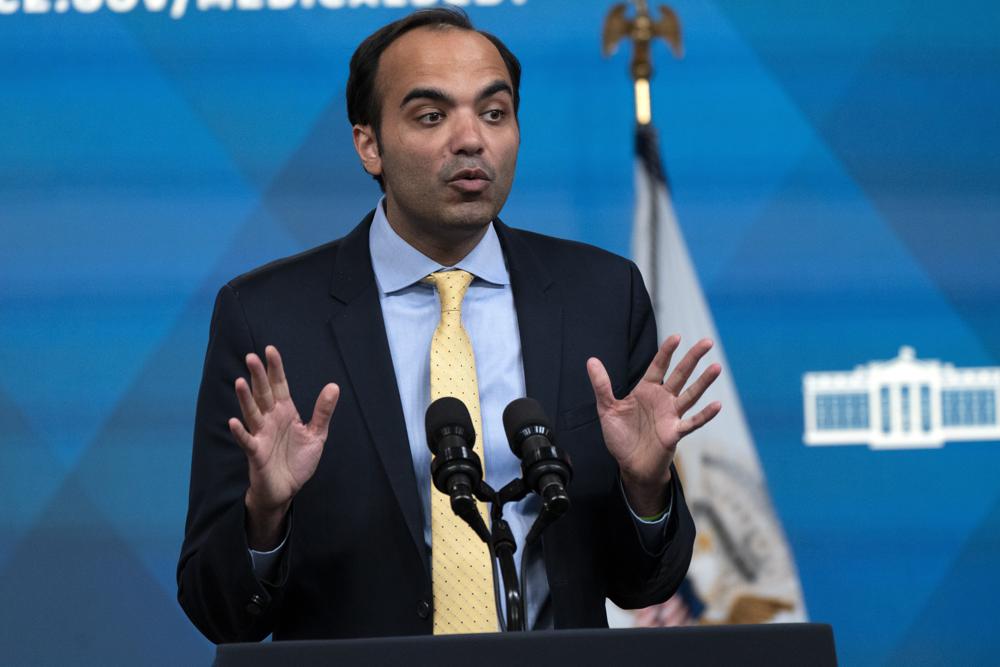Nursing homes and debt collectors are flouting a law that prohibits them from requiring friends and family of care home residents to shoulder the costs of the facilities, according to a federal report issued Thursday.
The Consumer Financial Protection Bureau said friends and family members have had to declare bankruptcy, had their wages garnished and their homes repossessed after signing unenforceable contracts called “admission agreements” with nursing facilities, resulting in them being held liable as third parties for their loved ones’ nursing home stays.
The report described one woman who was sent to collections for $80,000 two days after her mother’s death. Another woman received a letter from a law firm stating that she owed the nursing home $17,000 after her friend’s death. The report did not identify the individuals by name.
An increase in complaints prompted the CFPB and the Department of Health and Human Services’ Centers for Medicare and Medicaid Services to send a joint letter to nursing homes and their debt collectors Thursday reminding them to follow the law.
The consumer bureau said in a statement that “collection of debts from those contracts may violate the consumer financial protection laws, including the Fair Debt Collection Practices Act” and its prohibition on false, deceptive, or misleading representations connected to debt collection.
The Centers for Disease Control and Prevention reports 1.3 million people live in nursing homes.
As more Americans age, the cost of nursing home care is growing along with demand. The price has exploded in the last 20 years. In 2021, the annual median cost of a single room in a nursing home was $108,405. Between 2004 and 2020, the cost rose by more than 60%.
Most older adults are not insured against the costs of long-term care. Medicare, which covers adults once they reach 65, offers limited benefits based on need and only pays for nursing home care for up to 100 days. Medicaid helps low-income people pay for nursing home care but eligibility rules can be stringent.
An Obama-era regulation under the Nursing Home Reform Act prevents facilities “from requiring a person other than the resident to assume personal responsibility for any cost of the resident’s care.”
Rohit Chopra, director of the CFPB, planned to hold a virtual public hearing Thursday with lawmakers, advocates, nursing homes and others on unlawful debt collection practices.
“A caregiver making difficult decisions about their loved one’s future should have the peace of mind of knowing nursing homes won’t illegally coerce a family into assuming liability for medical debt,” HHS Secretary Xavier Becerra said in a written statement.
Deborah Royster, assistant director of the Office of Older Americans, said “the financial consequences of illegal debt collections can be devastating for consumers” and that federal officials are trying to raise awareness. She said the debt issue is pervasive at both nonprofit and for-profit nursing facilities.
(AP)











